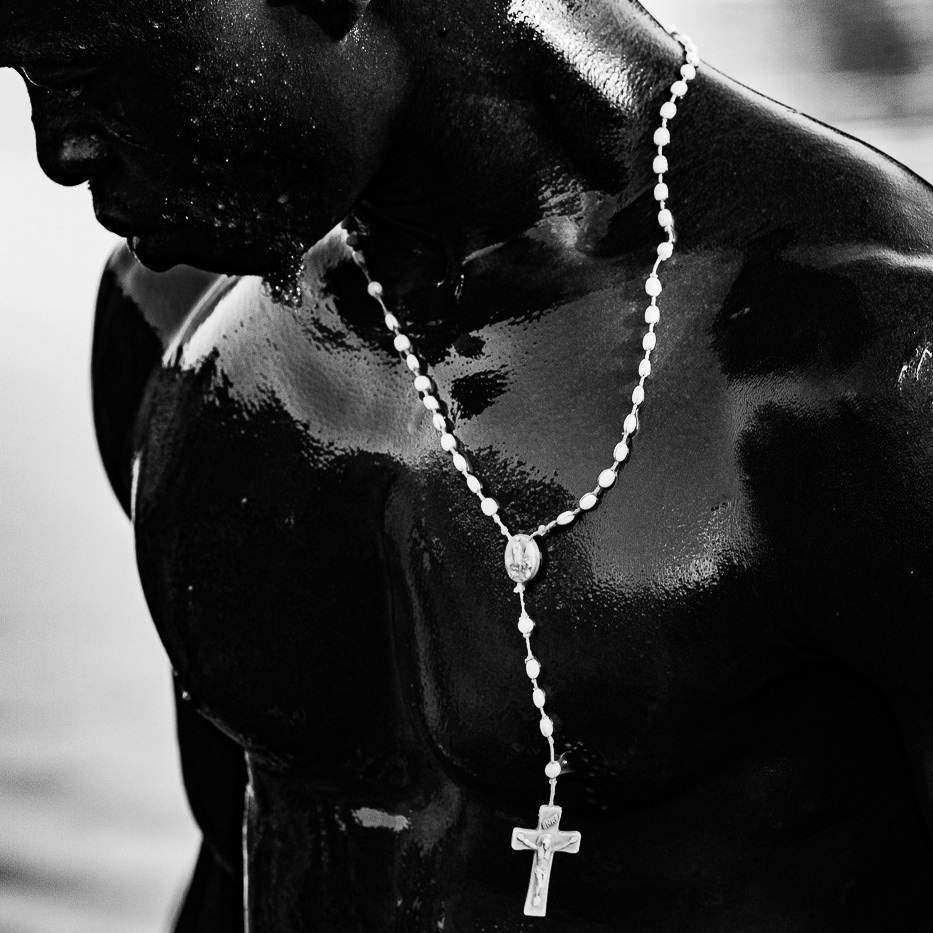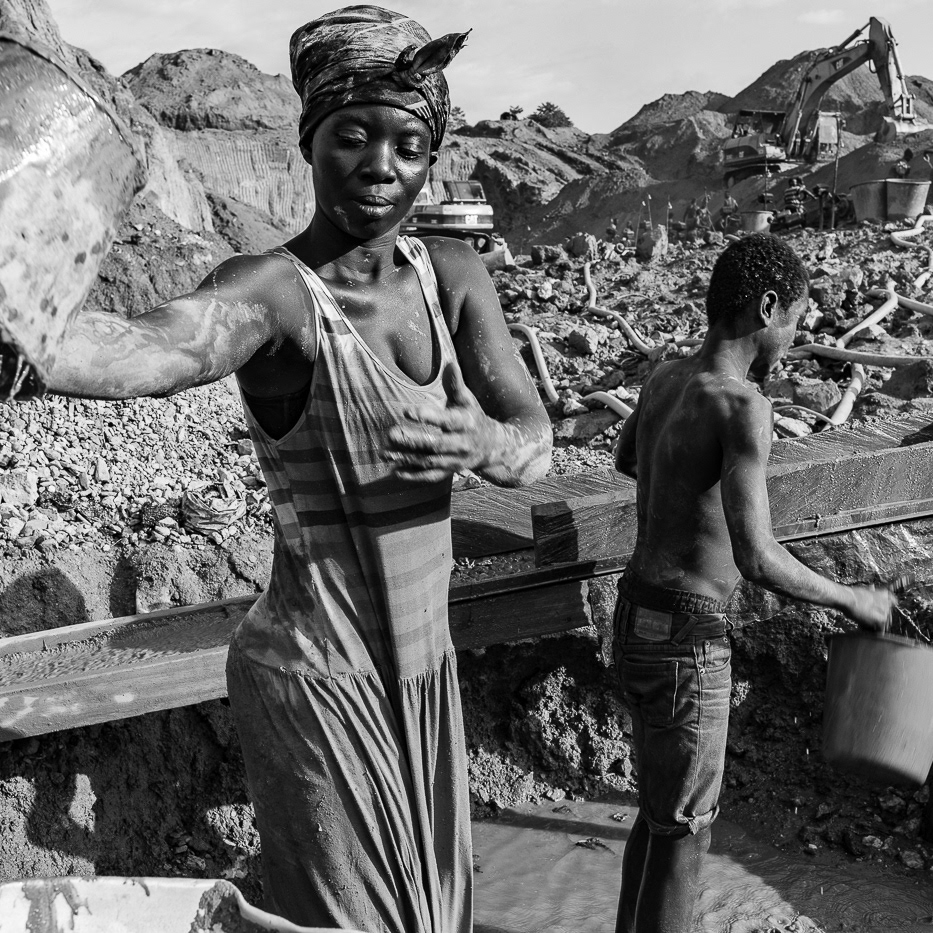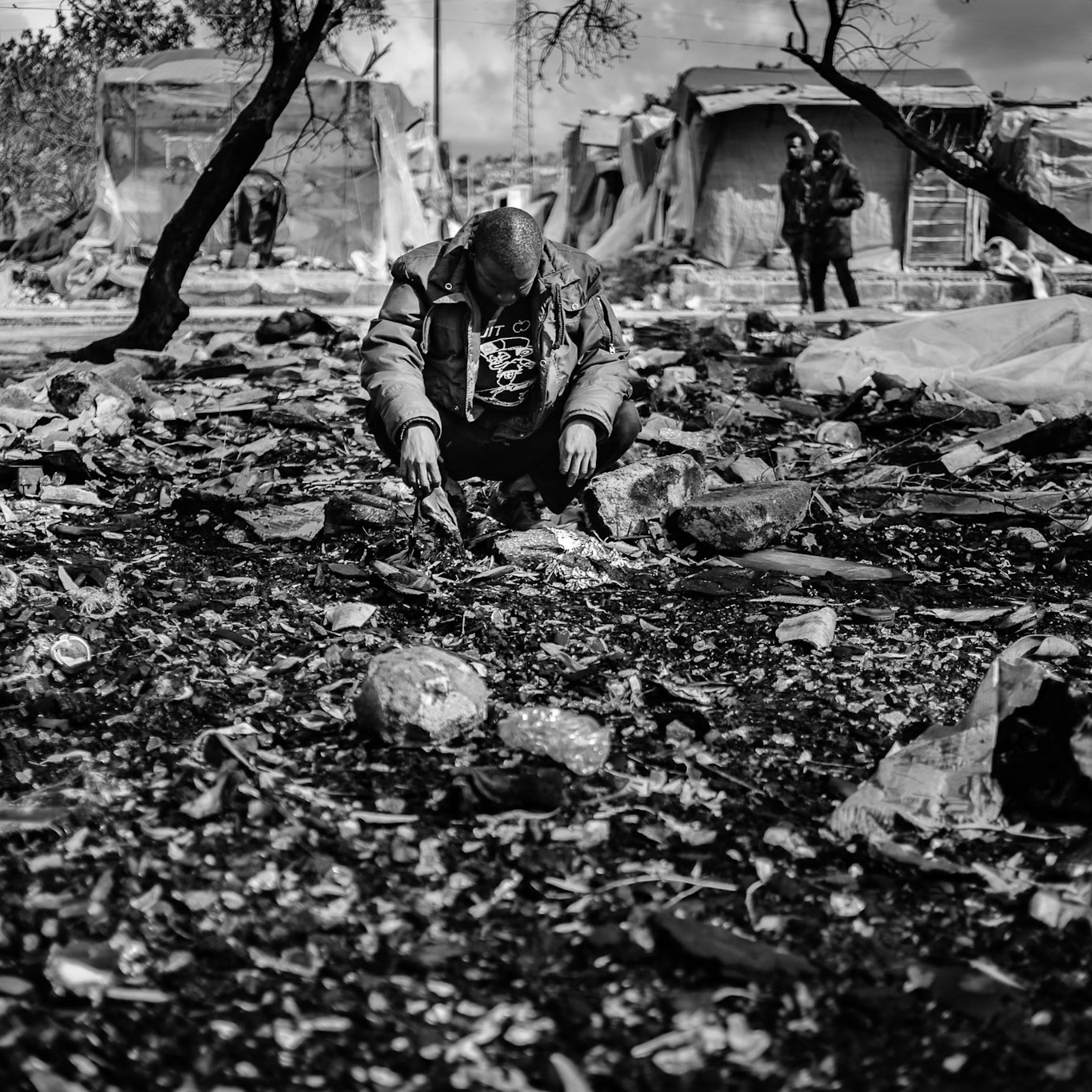Although the conflict between Irish Catholics and British Protestants in Northern Ireland officially ended in 1998 with the Good Friday Agreement, with fundamental conditions of no border between Ulster and Ireland, after more than two decades of peace process – echoes back recurrently and significantly to this day. Even if the conflict’s amplitude has significantly weakened, it does continue to take a hard toll on the residents of the region. Deep hate divides most parts of the province. According to the Independent Reporting Commission there are 12.500 existing British, illegal paramilitary groups members formed during the conflict with the express intention of executing known IRA men. Those groups are still active and control most of the areas, even at the small villages. Third generation from working class districts, still have big problem with unemployment and what is more important, since The Troubles the number of people who commit suicide in last two decades, is larger than people who been killed during the conflict. It clearly shows us that the United Kingdom doesn't know how to fix it. From 2007 to 2013, the EU spent 2.4 billion euros on peace projects in the region and set community-building initiatives for 2014-20 (up to 229 million euros) on projects aimed at integrating Protestants and Catholics.
After Brexit day, 31st January 2020 the United Kingdom is no longer a member of European Union with an economic border located at the Irish sea from 1st January 2021, which indicates that Northern Ireland in the future will be part of Ireland.
The majority of Ulster loyalists are against Irish unity. This is a reassertion of a loyalists position as many of those campaigning for Brexit. British illegal paramilitaries groups called Boris Johnson’s deal with the EU a "Betrayal act".
After Brexit day, 31st January 2020 the United Kingdom is no longer a member of European Union with an economic border located at the Irish sea from 1st January 2021, which indicates that Northern Ireland in the future will be part of Ireland.
The majority of Ulster loyalists are against Irish unity. This is a reassertion of a loyalists position as many of those campaigning for Brexit. British illegal paramilitaries groups called Boris Johnson’s deal with the EU a "Betrayal act".
Partly funded by Arts Council of Northern Ireland & The National Lottery
Tourists come to Belfast and from the distance of double-deckers watch the reality of divisions in the city. This is the longest "peace wall" in Belfast, dividing Catholics from Protestants Only in Belfast is around one hundred "Peace lines".
British teenagers on front of the bonfire.
A young boy at the Irish Celtic barber shop at the Falls rd.
British minors playing with Irish tricolour flags around bonfire. Irish flags will be placed on top of dozens of bonfires together with election posters of Irish politicians and Republicans banners, to be burned during 11th night celebration.
Young loyalist at the UDA part of The Village district in Belfast.
Interface and “Peace wall” between Catholics Falls road and Protestants Shankill Interface is the hot spot, border between two districts, with highest numbers of crimes, mostly sectarians fights between neighbours. View from top of the bonfire.
Red Hand Commando mural at loyalists Rathcoole district.
One of hundred uniforms ordered for loyalists for centenary of Battle of Somme.
Loyalist in a uniform specially made according to the pattern of the UVF troops fighting in the I World War. He prepares for a parade in connection with the centenary of the 1916 Battle of the Somme.
A tattoo on the back of a guest at the wedding of a pair of Loyalists. The groom himself is a UVF member and former prisoner who spent 22 years behind bars for paramilitary group activity.
"Lifer"(sentenced to imprisonment for life), ex UVF member and ex prisoner. Entered prison at the age of 16 in the early 1970s for Ulster Volunteer Force activities. Released from prison after the "Good Friday Agreement" signed on 1998.
Ulster Volounteer Force British illegal paramilitary group secret meeting place.
A Loyalists couple at their home. The man is active UVF illegal british paramilitary member and former prisoner who spent 22 years behind bars for paramilitary group activity.
Across the whole of Northern Ireland a few hundred structures come into existence each year, built in the British working-class neighbourhoods to commemorate an English victory over the Irish in the 1690 Battle of the Boyne.
Young loyalists, hanging republican banner related to Irish victims of cemetery attack by Michael Stone which left three people dead and four seriously injured during the funerals of three IRA members in Belfast, the banner was stolen from memorial at the Irish part of west Belfast. Together with numbers of Irish flags and election posters with Irish politicians will be burn at the bonfire as a hate message to the IRA. Photo at the banner was taken on 16 March 1988 by photojournalist David Jones.
Four generations of a loyalist family against the backdrop of a bonfire structure prepared in honour of the island’s capture by the English.
Huge bonfire collapsed few moments after being set on fire. Every year in all over the Northern Ireland, loyalists, mostly paramilitaries, burning hundreds of bonfire to celebrate victory over the Irish Catolics.
British girls at the bonfire fields. For most young people this is a playground and a place to hang out with friends and socialize.
An ultra-Loyalist part of the centre of Belfast plunged into clouds of smoke and a smoldering fire: a bonfire structure of about 1,000 pallets was torched by Irish Republicans over two weeks before the 12th of July commemorations.
Loyalists band member practising in front of band hall just moment before annual parade at his district.
The 1st of July parade on the occasion of the Battle of the Somme. One of the dozens of Loyalist bands marching in the streets of East Belfast, in the background a controversial mural representing the UVF paramilitary organization with the red violet flag of its 1912 forces flying just to the left.
On 3 December 2012, Belfast City Council voted to limit the days that the Union Flag flies from Belfast City Hall. Since 1906, the flag had been flown every day of the year. As a response, Ulster loyalists held street protests throughout Northern Ireland. They see the Council's decision as part of a wider 'cultural war' against 'Britishness' in Northern Ireland. Alliance Party offices and the homes of Alliance Party members were attacked, while Belfast City Councillors were sent death threats. According to police, some of the violence was orchestrated by high-ranking members of the Ulster Volunteer Force (UVF) and Ulster Defence Association (UDA). Loyalists also put up thousands of Union flags in public places, which further heightened tension.
Irish Catholic protesters during riots starts after Protestants parade walk next to republican district.
Irish Catholic protesters during riots starts after Protestants parade walk next to republican district.
As the Irish Republicans parade passed through the Loyalist Carlisle Circus area, about 350 Loyalist youths attacked Republican marchers and PSNI lines with bricks, golf balls, fireworks, and petrol bombs. Loyalists launched attacks from Clifton Nursing Home whose residents were evacuated when windows were smashed and their bins were set on fire and used as barriers by Loyalists. The cost of policing Carlisle Circus /Clifton Street, Belfast for the period of September 2-6, 2012 was £553.000
Irish Catholic protesters during riots starts after Protestants parade walk next to republican district.
Security wall in front of Irish Republicans district. It has been set up just a few hours before British loyalist parade. A few hundred meters long folded metal "Peace wall" is use around Northern Ireland to avoid clashes between Catholics and Protestants.
British Unionists and loyalist supporters during the annual Apprentice Boys of Derry parade, commemorates the Siege of Derry.
Only a seweral pro-Brexit members of the public gathered at the front gates of Stormont Parliament Buildings for a 'Brexit Celebration' event at 11pm. In referendum, England and Wales voted to leave but London, Northern Ireland and Scotland voted to stay. As a result the overwhelmingly majority of Irish nationalists voted to remain in the EU while Ulster loyalists voted to leave. Most of the loyalists and british illegal paramilitaries called the Boris Johnson deal with EU, with border at the Irish sea as "Betrayal act"
Social houses at the Loyalistst community neighbourhood, days before 11th July bonfire. The fire is extremely hot even dozens of meters away from the bonfire, every year local council secure thousands of doors and windows to avoid plastic frames from melting.


